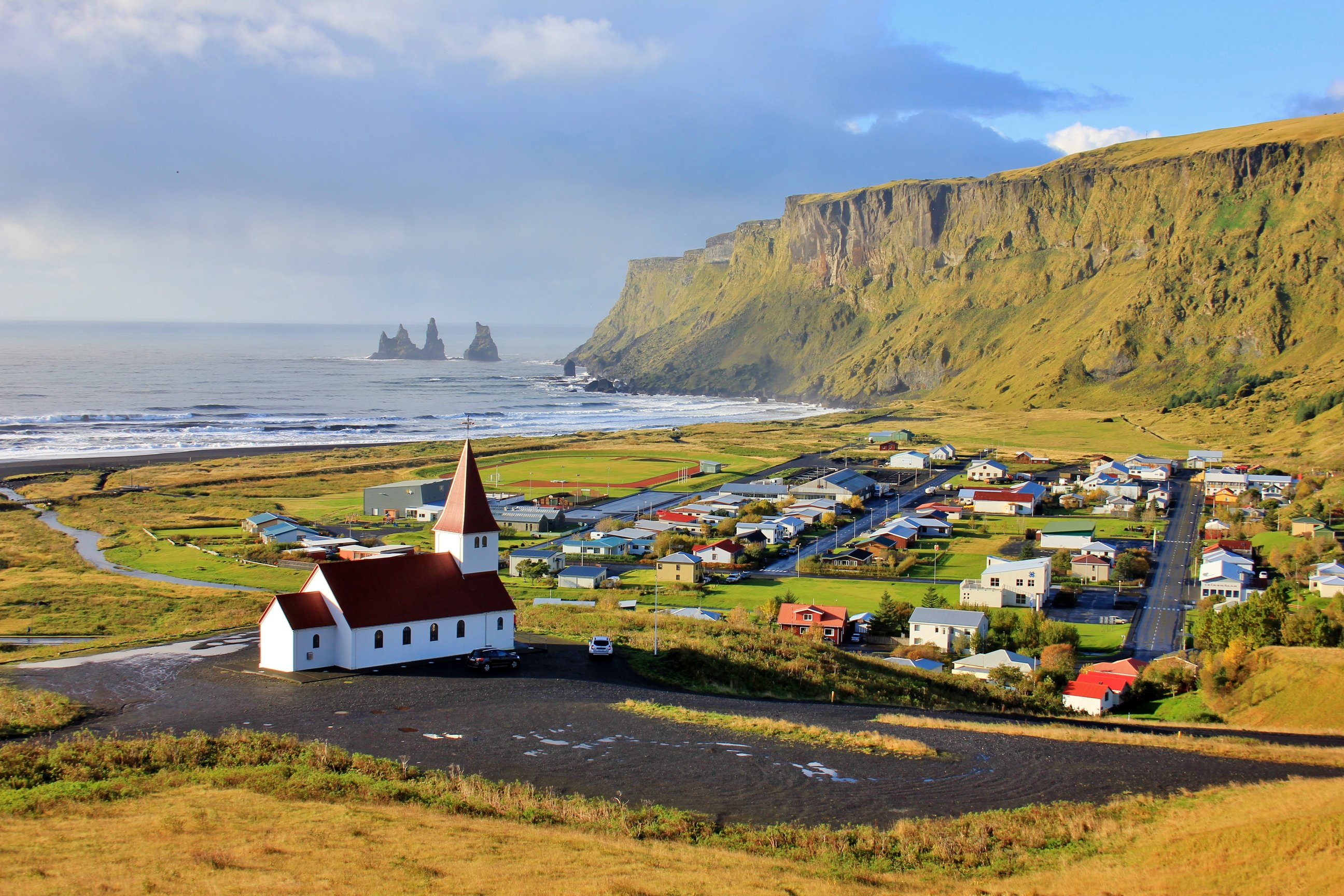Iceland’s Shorter Work Week Proves Successful for Economy and Workers

Iceland’s implementation of a shorter work week, featuring no loss in pay, has yielded positive outcomes for its economy and workforce, according to a recent study released on Friday. Between 2020 and 2022, more than half of the country’s workforce participated in this initiative, including adopting four-day work weeks.
Positive Economic Indicators
The research, conducted by the Autonomy Institute in the UK and Iceland’s Association for Sustainability and Democracy (Alda), reveals that Iceland’s economic performance has surpassed many of its European counterparts. In 2022, the country recorded economic growth faster than most of Europe, alongside one of the lowest unemployment rates in the region. “This study shows a real success story: shorter working hours have become widespread in Iceland… and the economy is strong across a number of indicators,” said Gudmundur D. Haraldsson, a researcher at Alda.
The foundation of this initiative was laid during two large-scale trials conducted from 2015 to 2019, where public sector employees worked 35-36 hours a week without a pay cut. These trials, which involved around 2,500 individuals, aimed to maintain or enhance productivity while improving work-life balance. Findings indicated that productivity either remained constant or improved in most workplaces, while participants reported significant improvements in their overall well-being, including reduced stress and burnout.
Expansion of Reduced Hours
Following the successful trials, Icelandic trade unions negotiated reductions in working hours for tens of thousands of workers nationwide. As a result, the trend towards shorter working hours has gained momentum, with participation likely exceeding the initial 51% reported.
Economic Growth and Challenges Ahead
In 2023, Iceland’s economy grew by 5%, a figure that positions it second only to Malta among wealthy European nations, as per the International Monetary Fund’s World Economic Outlook. This growth is notably higher than the country’s average rate of nearly 2% recorded from 2006 to 2015. Despite this success, the IMF anticipates a slowdown in growth due to softening domestic demand and declining tourism spending, which has been a cornerstone of Iceland’s economy.
Unemployment Rate and Economic Vitality
Iceland’s low unemployment rate, which stood at 3.4% last year, is regarded as a strong indicator of the country’s economic vitality. This rate is significantly lower than the average for advanced European economies. However, the IMF expects it to rise slightly to 3.8% in the upcoming years.
Globally, there have been various experiments with the four-day work week, including a successful trial in 2022 involving 33 companies in the US and Ireland, showcasing a growing interest in alternative work arrangements that prioritize employee well-being alongside economic performance.
Conclusion: A Model for Work-Life Balance
Iceland’s experience with a shorter work week highlights a promising model for balancing work and life while fostering economic growth. As other nations explore similar initiatives, the findings from Iceland’s trials may serve as a valuable reference for improving worker satisfaction and enhancing overall productivity without sacrificing economic success.





















